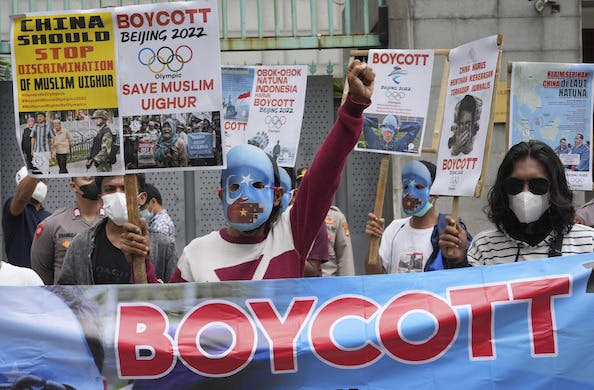
Belichick’s Hall of Fame Snub Exposes the NFL’s Uncomfortable Cheating Debate
By GEORGE WILLIS
|With the Olympics now back in Beijing 14 years later, the Tibetans seem to have been almost forgotten. What happened?

Already have a subscription? Sign in to continue reading

By GEORGE WILLIS
|
By THE NEW YORK SUN
|
By LUKE FUNK
|$0.01/day for 60 days
Cancel anytime
By continuing you agree to our Privacy Policy and Terms of Service.

By JOSEPH CURL
|